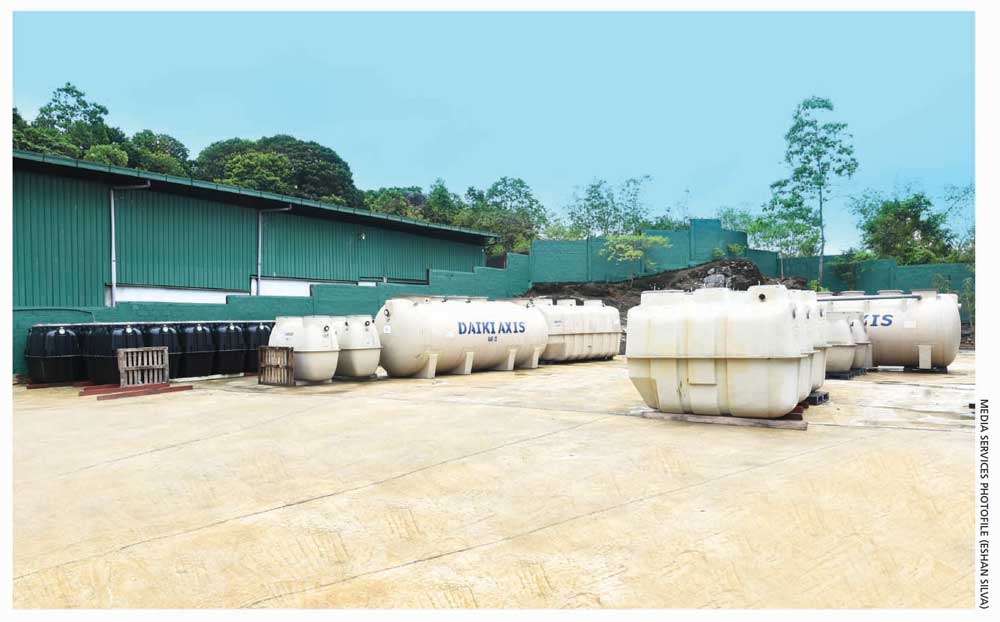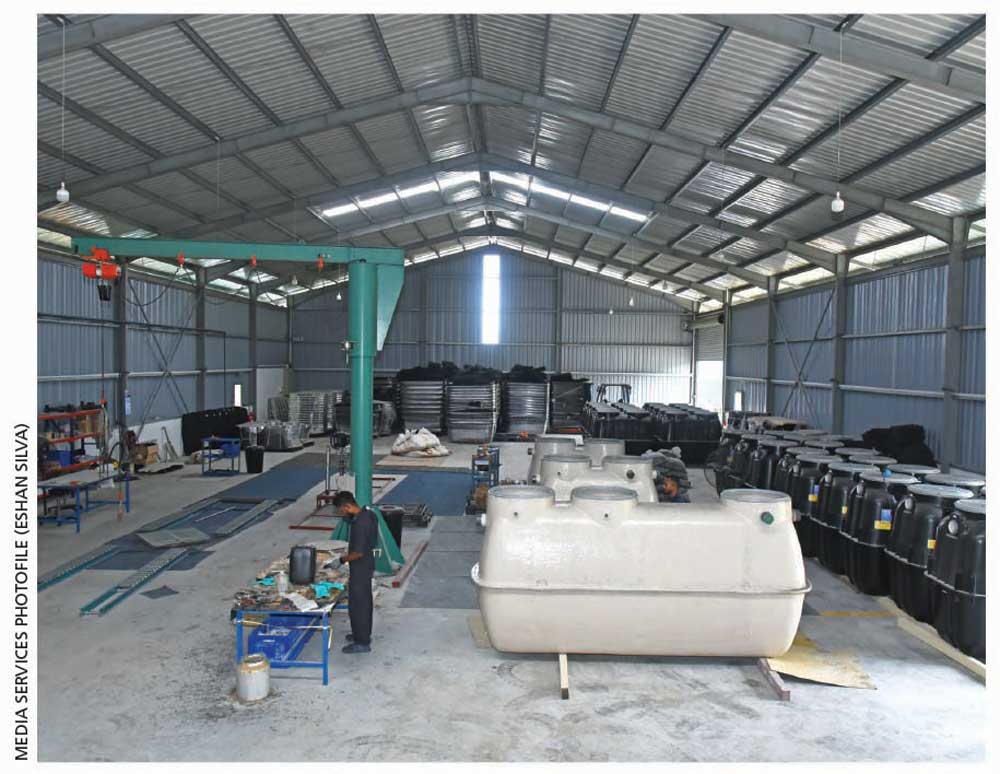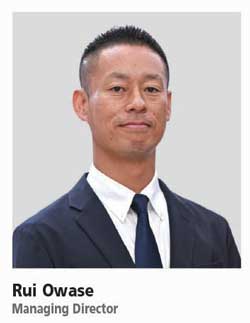
Q: Could you give us a brief overview of Daiki Axis and its core activities?
A: Daiki Axis commenced operations in Japan in 1958 and this year, we mark 65 years of service in environmental-related businesses. Our journey began in Matsuyama, Japan, with a focus on addressing pressing sanitation issues. At the outset, it started as a small business that identified that traditional washroom facilities were unhygienic and sought to provide individual homes with wastewater treatment solutions.
The founder and president at the time recognised a significant concern related to Japan’s sanitation. The direct discharge of human waste into natural water bodies was a concern. Simultaneously, the Japanese government was seeking solutions to establish on-site treatment systems for sewage. Daiki seized the opportunity to venture into sewage treatment systems, giving birth to the Johkasou system.
The term ‘Johkasou’ originates from Japan where ‘johka’ signifies purification and ‘sou’ translates to tank. This system is tailored to treat domestic wastewater, both sewage and greywater, for residential and commercial buildings. They come into play when connecting to a centralised sewer system is either impractical or cost prohibitive.
Johkasou systems effectively remove contaminants before the treated water is safely discharged into the environment. In some instances, the treated water can be repurposed for non-potable uses such as irrigation or toilet flushing. A diverse range of models and configurations are on offer to cater to various capacities.
Q: What were the reasons behind Daiki Japan investing in Sri Lanka?
A: In 2021, Daiki Japan made a bold decision to invest in Sri Lanka at the height of COVID-19 and established Daiki Axis Environment. Our journey in Sri Lanka however began in 2017, initiated by our current Director/COO Prabath Dahanayake, who initially served as a Country Manager with a dealer for Johkasou systems.
The landscape of sewage treatment in Sri Lanka was not straightforward. Despite some challenges, we installed several Johkasou systems in 2017 and identified a promising market. A key factor in our decision to invest in Sri Lanka was the historical and friendly ties between Japan and Sri Lanka, which date back to World War II.
I strongly advocated investing in Sri Lanka and a decision was made in October 2021 to open a plant in Kelaniya. This decision raised eyebrows due to the pandemic. However, we understood that sanitation and environmental concerns will gain prominence on the global stage.
Q: And what are some projects that Daiki Sri Lanka has taken on?
A: Sri Lanka has a growing customer base, particularly in the private sector, with these project details being available on our social media pages and website.
We’ve installed several Johkasou units and the results have been satisfactory. Daiki Axis’ Johkasou system is recognised by the Central Environmental Authority (CEA), which has been advantageous.
We held multiple discussions with the CEA regarding the product at the inception and emphasised the benefits of treating water before discharge – a pioneering concept at the time. Through discussions and commitment to environmental responsibility, we gained the trust of the CEA.
Our primary objective is to double the number of projects in the year ahead. The rapid growth we’ve witnessed is a testimony to the value we bring to clients and we’ll expand our team to support this growth.

Q: Are there difficulties that Daiki faces when engaging in operations in Sri Lanka?
A: There are three difficulties that we have encountered.
Firstly, the need for regulation – operating a sewage treatment plant system correctly demands a clear regulatory framework. Without well-defined regulations, it becomes challenging to ensure the proper compliance of these systems.
Secondly, the Johkasou system in Japan is rigorously regulated, and must meet standards for wastewater treatment and environmental preservation. Sri Lanka however, lacks such a framework. The absence of a standardised evaluation process by authorities after installation is a critical gap.
The third challenge is related to monitoring. In Sri Lanka, the CEA intervenes only after an issue arises. However, if comprehensive regulations are established and enforced, it can alleviate concerns, and ensure monitoring and compliance.
Moreover, the local market has seen the emergence of other suppliers, leading to subpar installations. We collaborate with industry stakeholders to raise awareness of the significance of Johkasou systems and the dangers of poorly installed units.
Q: What are Daiki’s future plans?
A: The primary focus is on providing after sales services. We offer free maintenance through a dedicated maintenance team as maintenance of the wastewater treatment plant is important.
A distinctive practice at Daiki is the regular skills assessment conducted for our maintenance team. We recognise the critical importance of manpower for product services especially for installations.
At present, we can produce tanks with a capacity of between one and 10 cubic metres. The goal is to scale up production to 10 cubic metres to meet increasing market demand.
Furthermore, Daiki is dedicated to expanding services to cater to the growing demand. Sri Lanka’s strategic location makes it an ideal export hub. Recently, we exported tanks to Myanmar, and have plans to extend operations to the Maldives and Bangladesh.
Our vision is for Sri Lanka to become the hub for Johkasou engineering for India and the Middle East.
– Compiled by Tamara Rebeira
INTERVIEWEE DETAILS

COMPANY DETAILS
Telephone: 2499949 | Email: infolanka@daiki-axis.com | Website: www.daikiaxis.lk





